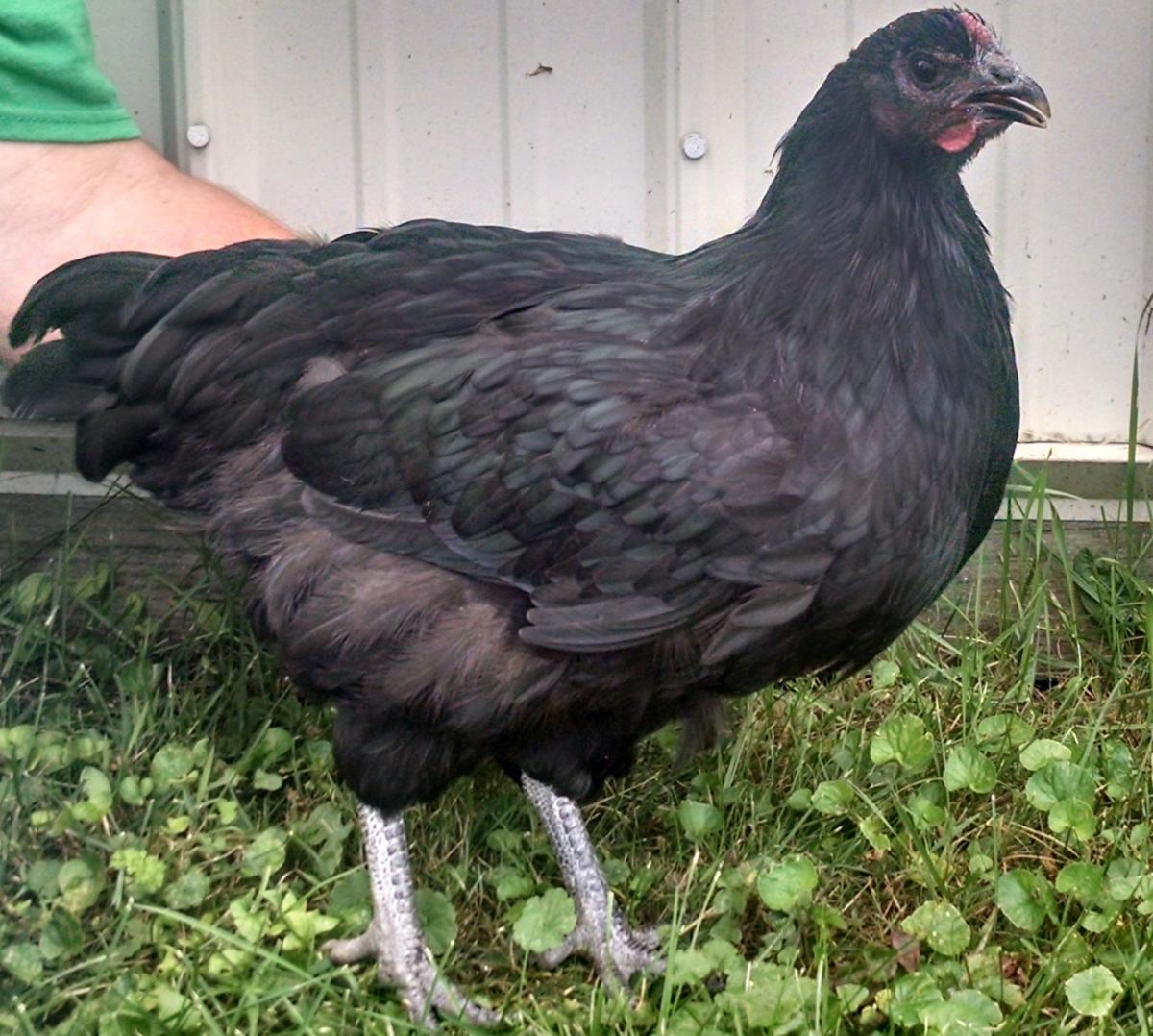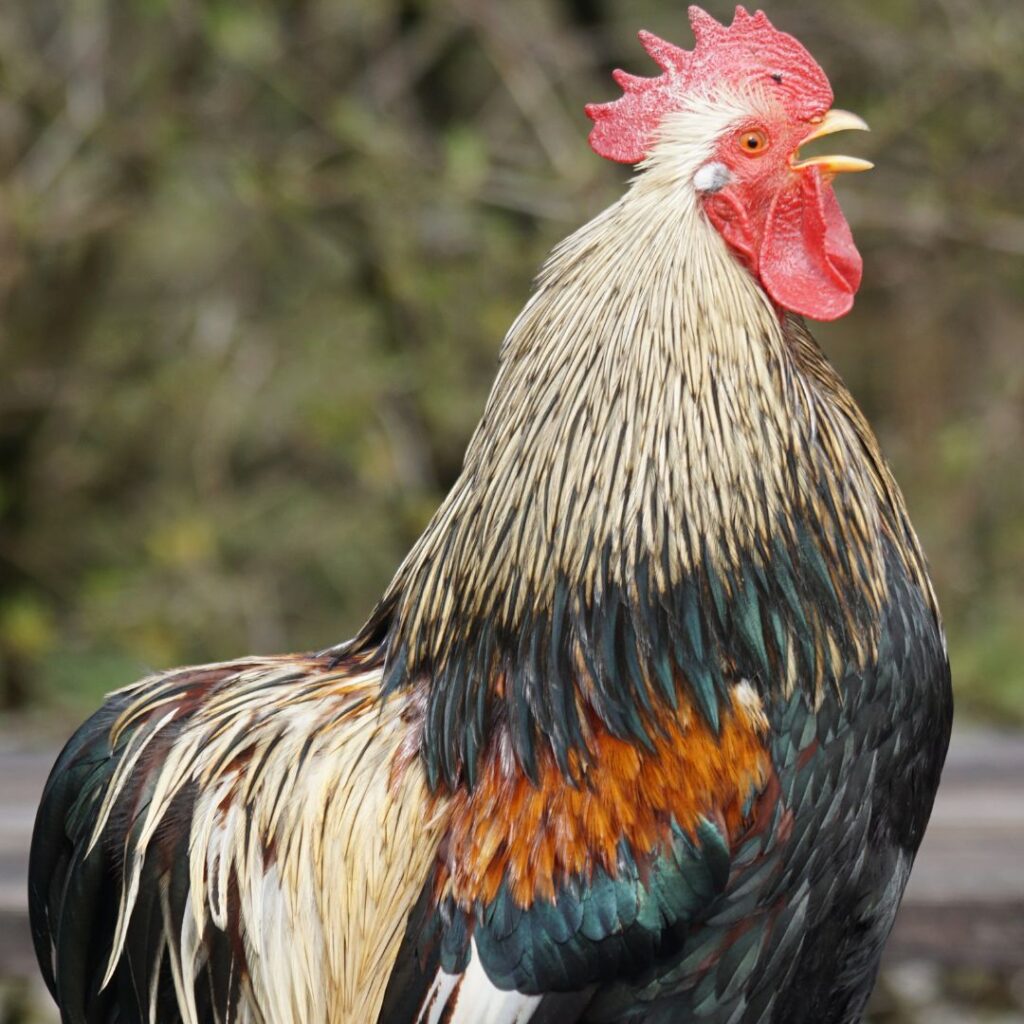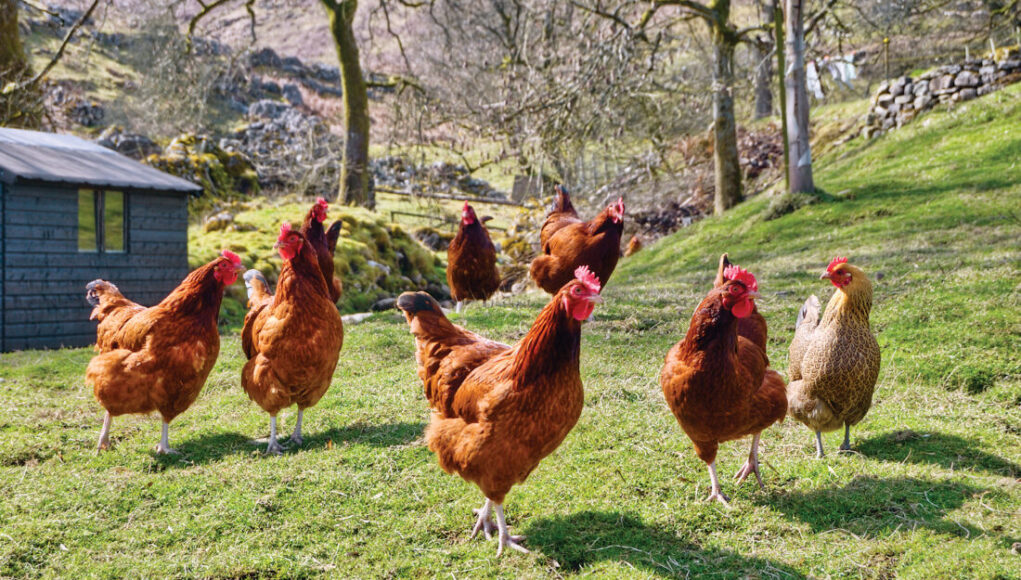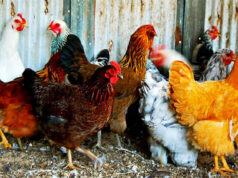When it comes to cross beak chicken care, it’s essential to understand both the challenges and solutions. These chickens require special care due to the misalignment of their beaks, which can affect their ability to eat and drink properly. This guide will provide comprehensive insights into managing cross beak chickens effectively.

What Is Cross Beak?
Cross beak, also known as scissor beak, is a condition where the upper and lower beaks of a chicken do not align correctly. This can be caused by genetics, nutritional deficiencies, or injuries. Affected chickens may struggle to eat and drink, impacting their growth and health.

Big Ways to Care for Cross Beak Chickens
Feeding Techniques
One of the most critical aspects of cross beak chicken care is ensuring they can feed effectively. Consider using deep feeders to allow them to scoop food more easily. Softened or mash feed can also be beneficial for these birds.
Water Access
Providing an easily accessible water source is crucial. Use low-sided water bowls or poultry nipples to help them drink without difficulty. Ensure the water containers are always full and clean to avoid dehydration and potential infections.

Approved Nutritional Strategies
High-Protein Diet
Cross beak chickens often expend more energy eating, so providing a high-protein diet is essential. Look for feeds specifically formulated for growing or recovering birds, which typically offer higher protein content.
Supplementation
Adding vitamins and mineral supplements to their diet can address any deficiencies and promote overall health. Consult with a poultry nutritionist for the best supplements suited to your flock’s needs.
For more detailed nutritional guidance, you can refer to this resource.

Monitoring and Health Checks
Regular Inspections
Conducting regular inspections of your cross beak chickens is vital. Watch for signs of malnutrition, dehydration, or injury. Weigh your chickens periodically to ensure they are maintaining a healthy weight.
Veterinary Care
Regular check-ups with a poultry vet are essential. They can provide specific advice tailored to your chickens and identify any emerging health issues early on.
Big Environmental Considerations
Safe Housing
The living environment for your cross beak chickens should be safe and accessible. Ensure that their living spaces are free from sharp objects and potential hazards that could harm their beaks.
Comfortable Nesting
Provide plenty of comfortable nesting areas with soft bedding. This will help mitigate the wear and tear on their beaks and ensure they have a safe space to rest.
Terrific Flock Integration
Socialization
Integrating cross beak chickens into your flock requires patience. Monitor their interactions with other chickens to ensure they are not being bullied or excluded.
Feeding Stations
Set up multiple feeding stations to prevent competition and ensure that your cross beak chickens always have access to food.
Technology to Aid Care
Automated Feeders
Investing in automated feeders can provide consistent food access for your cross beak chickens, ensuring they receive the necessary nutrition without constant human intervention.
Monitoring Tools
Using technology such as cameras and sensors can help you keep a close eye on your chickens’ behavior and health, allowing for timely interventions when needed.
Delighted and Healthy Chickens
With the proper care, your cross beak chickens can lead happy and healthy lives. By following the guidelines outlined in this article, you’ll ensure that they receive the necessary nutrition, shelter, and health care to thrive.
For more information on chicken health and care, check out Green Muscle, Disease Symptoms, and Marek’s Disease.
FAQs
What causes cross beak in chickens?
Cross beak can be due to genetics, nutritional deficiencies, or injuries occurring during the chick’s development.
Can cross beak chickens eat normally?
They may struggle to eat conventionally and often require modified feeding techniques, such as deep feeders and softened feed.
Is veterinary care necessary for cross beak chickens?
Yes, regular veterinary check-ups are crucial to monitor their health and address any issues promptly.
As an Amazon Associate, I earn from qualifying purchases.









